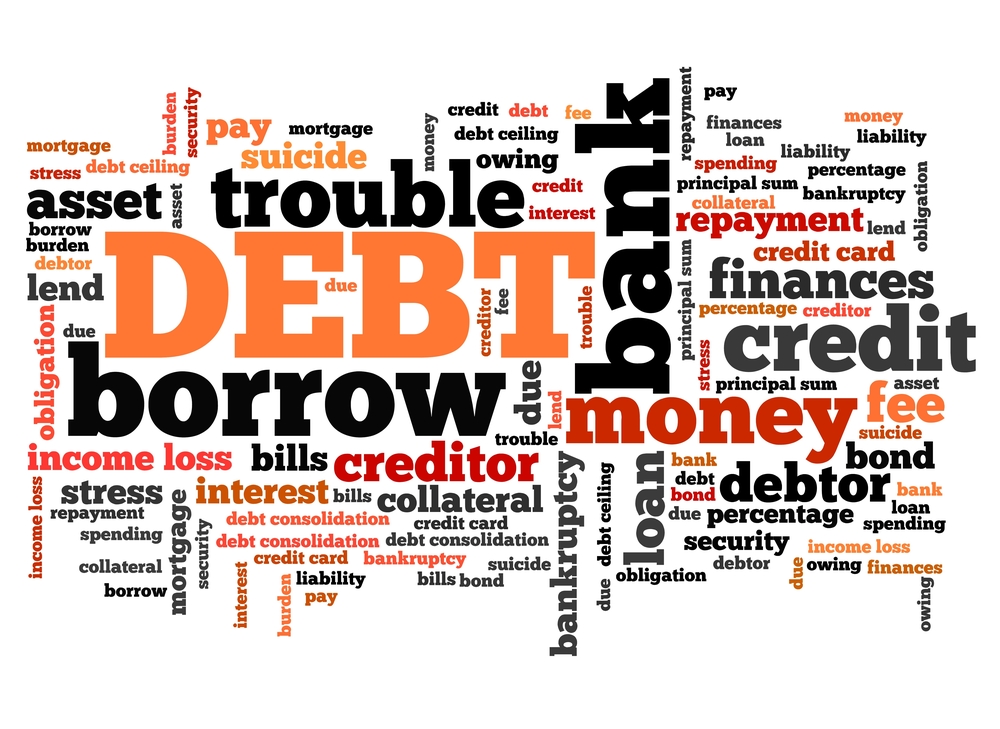
From a general perspective, a credit card may seem like just another tool to help you make purchases, but it can have a lot many things to offer. If we use it responsibly, a credit card can help us build a good credit history, allow us to get loans at favorable interest rates, cheaper insurance and even buy us a flight ticket for our next dream vacation. With the trend going towards using less cash, people are quickly turning towards credit cards to furnish financial requirements. Credit cards can also go an extra mile and help you earn rewards on your everyday purchases and protect those purchases in case of theft or damage. Simply put, a credit card can be a lot more useful compared to other means of payment if you use it the right way. If adhered to smart practices and good spending habits, a credit card can be a great financial tool.
Shall we start counting the numerous benefits that come with the usage of credit cards?
First and perhaps the most important benefit of a credit card is that it will help you build your credit.Good credit has its own benefits that play a vital role in our financial planning.
How about having a card that gives you a cashback every time you or your spouse shop from it? Sounds irresistible, doesn’t it? Why would you shop with any other mode of payment when a credit card payment helps you earn in return. In addition, the issuers of the credit cards monitor transactions and can alert you if somethings seems suspicious. This definitely helps to avoid fraudulent transactions in today’s times.
Is it not tempting enough to receive travel rewards or a special discount on the tour package of that dream vacation? Also if you’re traveling in a foreign country, most of the merchants would not accept your debit card even if it is from a world renowned bank. Under such circumstances credit card is the only answer especially when traveling with cash is not a great option nowadays.
Other benefits include valuable rewards in the form of miles, points and cashback. Credit cards can also offer you perks such as extended warranties on electronic gadgets, purchase protection and car rental insurance, etc. These perks are too silly to miss out on.
Has it ever happened that you have lost the wallet from your pocket? To lose your wallet full of cash means never setting sight on the cash ever. But having credit cards in your wallet saves you from losing nothing but the wallet with a plastic credit card inside which has no value without the PIN number. Just ensure you swiftly report the loss of the credit card with your bank to avoid any hassle.
All of us at some point in time have the need to borrow. If we own a credit card, it is by far the cheapest means to borrow. With the knowledge of how to use a credit card and with the right one in your pocket, you can borrow and pay it back at a later date. There are options of credit cards that help you borrow interest-free on purchases. We only have to choose the right credit card based on our needs.
At times when we pay by cash or debit card, the money is just gone immediately but payments made by credit cards help the money remain in your account till we pay the credit card bill. Having the funds in our account can prove beneficial over the longer run.
Good value’ has become a universal language. Banks are competing to provide the best of offers on their credit cards. Aimed at setting a new standard in the lifestyle of their customers- a lifestyle that reflects and suits the personality- these offers try to provide an advanced level of luxury and convenience. These are designed to suit different interests and concerns of individuals.
No matter which financial bracket we fall under, isn’t it always a joy to find a good deal? With offers on credit cards, you can be assured that your hard earned money will help you reap more rewards each time you make a payment using the credit card.
So making a shift towards using credit cards is the way forward. With a disciplined usage, credit cards are the best way of making financial transactions. If done the right way, the combined power of having valued cash in hand along with the rewards and buyer protection will put you miles ahead in the race.










